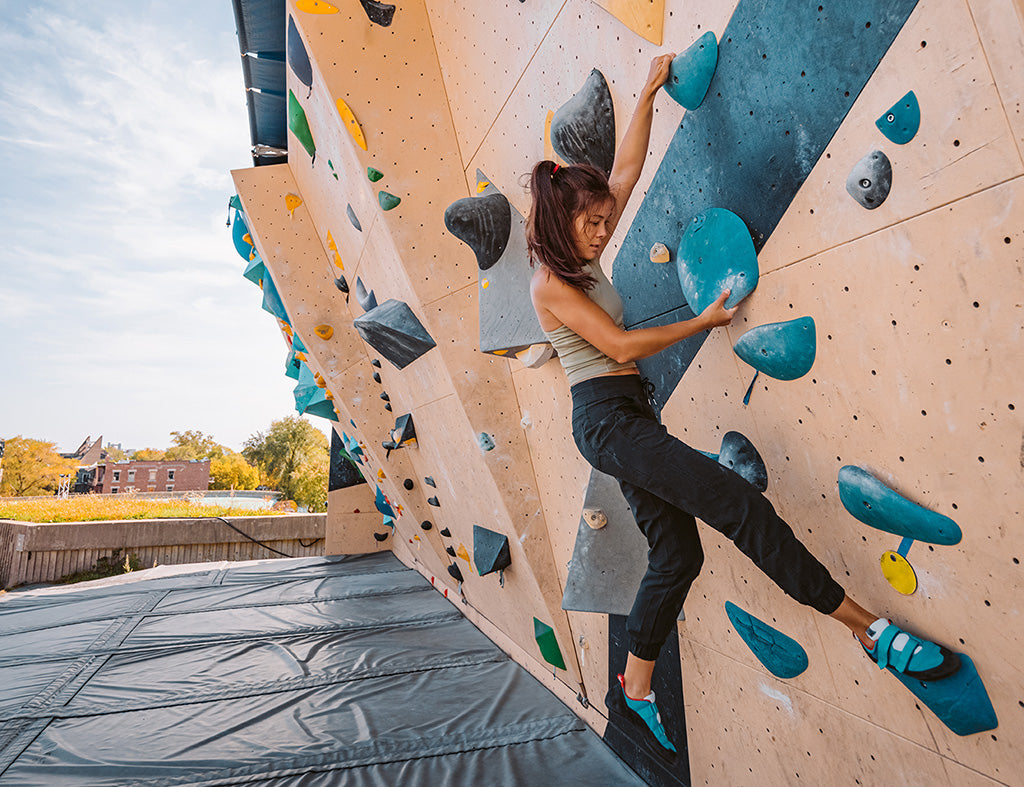
The Mental Game: Unleashing Your Full Potential in Sports
Share
When it comes to sports, we often focus on the physical aspects of training, technique, and performance. However, one crucial aspect that can make or break an athlete's success is their mental game. The ability to stay focused, handle pressure, and maintain a positive mindset can greatly impact performance. In this blog post, we will explore the importance of the mental game in sports and provide tips to help athletes unlock their full potential.
Understanding the Mental Game:
The mental game refers to an athlete's psychological approach to their sport. It involves managing emotions, building resilience, staying focused, and maintaining confidence. While physical skills are essential, it is the mental aspect that often sets apart elite athletes from the rest.
Building Mental Resilience:
Sports can be mentally challenging, with setbacks, failures, and intense competition. Developing mental resilience is crucial to bounce back from setbacks and maintain a strong mindset. Building resilience can be achieved through techniques such as visualization, positive self-talk, and goal setting. Visualization allows athletes to mentally rehearse their performance, enhancing focus and confidence. Positive self-talk involves replacing negative thoughts with positive affirmations to boost self-belief. Setting realistic goals helps athletes stay motivated and provides a sense of accomplishment.
Managing Pressure:
Pressure is an inevitable part of sports, whether it's a high-stakes competition or personal expectations. Learning to manage pressure is essential for optimal performance. Techniques such as deep breathing, mindfulness, and pre-performance routines can help athletes stay calm and focused under pressure. Deep breathing exercises can reduce anxiety and increase oxygen flow, promoting a state of relaxation. Practicing mindfulness techniques, such as meditation or visualization, can help athletes stay present and maintain focus. Pre-performance routines create familiarity and a sense of control, reducing anxiety and enhancing performance.
Seeking Support:
Athletes should not underestimate the power of seeking support from coaches, teammates, or sports psychologists. These professionals can provide guidance, strategies, and mental training exercises to help athletes develop their mental game. They can offer valuable insights and techniques to manage stress, build confidence, and improve overall performance.
Conclusion:
In the world of sports, the mental game is as important as physical skills. Developing mental resilience, managing pressure, and seeking support are key components of unleashing your full potential as an athlete. By investing time and effort into training your mind, you can elevate your performance and achieve remarkable results. Remember, the mental game is a continuous process, so keep practicing and honing your mental skills to!
Stay in the game! Take it seriously but have fun doing it.
